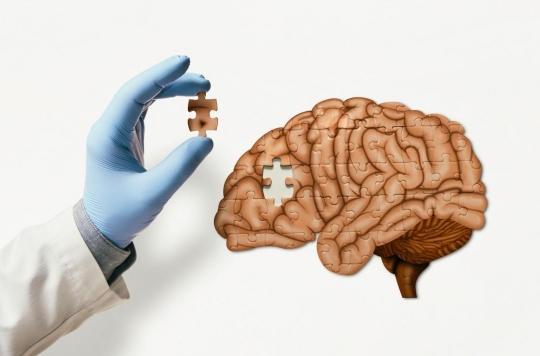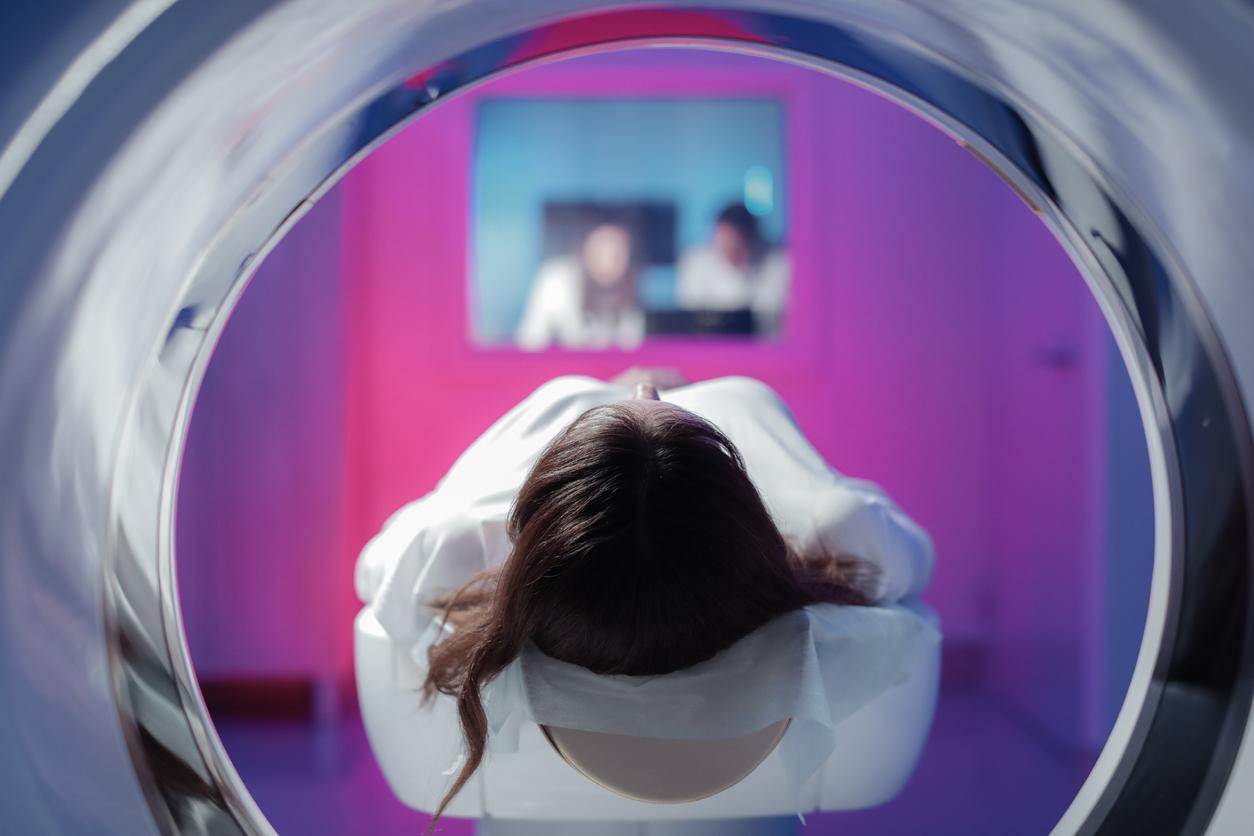A simple urine test could soon detect brain tumors regardless of their level of severity and development.

- Researchers have developed a urine test capable of detecting brain tumours.
- Ultimately, this tool could make it possible to detect brain tumors at a very early stage and therefore improve treatment.
3,500 new cases of brain tumors are diagnosed in France each year according to the brain institute. These can develop in any area of the brain but their location generally defines their aggressiveness, as some places are more difficult to treat than others. Symptoms differ depending on the patient: language disorders, vision disorders, headaches, nausea, vomiting, loss of balance or motor deficit. Brain tumors account for 2% of cancer mortality. Like all these diseases, the earlier the tumors are detected, the greater the chances of recovery. But, for those present in the brain, the diagnosis is difficult to make at the early stage because the symptoms appear late, when they are already developed. In addition, the examinations to establish the diagnosis are specific and carried out, very often, only in the event of suspicion.
A urine test that detects the presence of brain tumor…
Researchers have just developed a very simple tool for detecting these brain tumours: a urine test. Their results were published in the review ACS Applied Materials & Interfaces 1er last April. All the work of scientists has been to create a test capable of extracting microRNAs from urine. These are acids present in all living beings and, in the case of a brain tumor, contain biomarkers. In other words, if a person’s urine results show these biomarkers, they have one or more brain tumours. A technology that is very easy to use but difficult to develop.
…and allows you to detect sick people at an early stage
Scientists first outfitted the device with more than one hundred million carbon dioxide nanowires. zinc. These detect large numbers of microRNAs in urine tests, far more than any other conventional methods. In addition, these nanowires have the advantage of being able to be produced on a massive scale, which will make it possible, if the device is marketed in the future, to manufacture a large number of tests and to screen many patients. Next, the researchers wanted to make sure that the microRNAs indeed contained biomarkers. They therefore compared urine samples from patients with and without brain tumours. Thus, they showed that their urine test made it possible to distinguish between 97 and 100% between sick and healthy people, regardless of the size and aggressiveness of the tumours.
“Know the condition of the sick with a small daily amount of their urine”
”In the future, through a combined use of theartificial intelligence and telemedicine, people will be able to detect the presence of cancer, while doctors will be able to know the condition of sick people with only a small daily amount of their urine”concludes Atsushi Natsume, one of the study’s authors. Ultimately, the scientists therefore hope to be able to market this tool to screen as many patients as possible, even – and above all – when their tumors are at the earliest possible stages.
.















